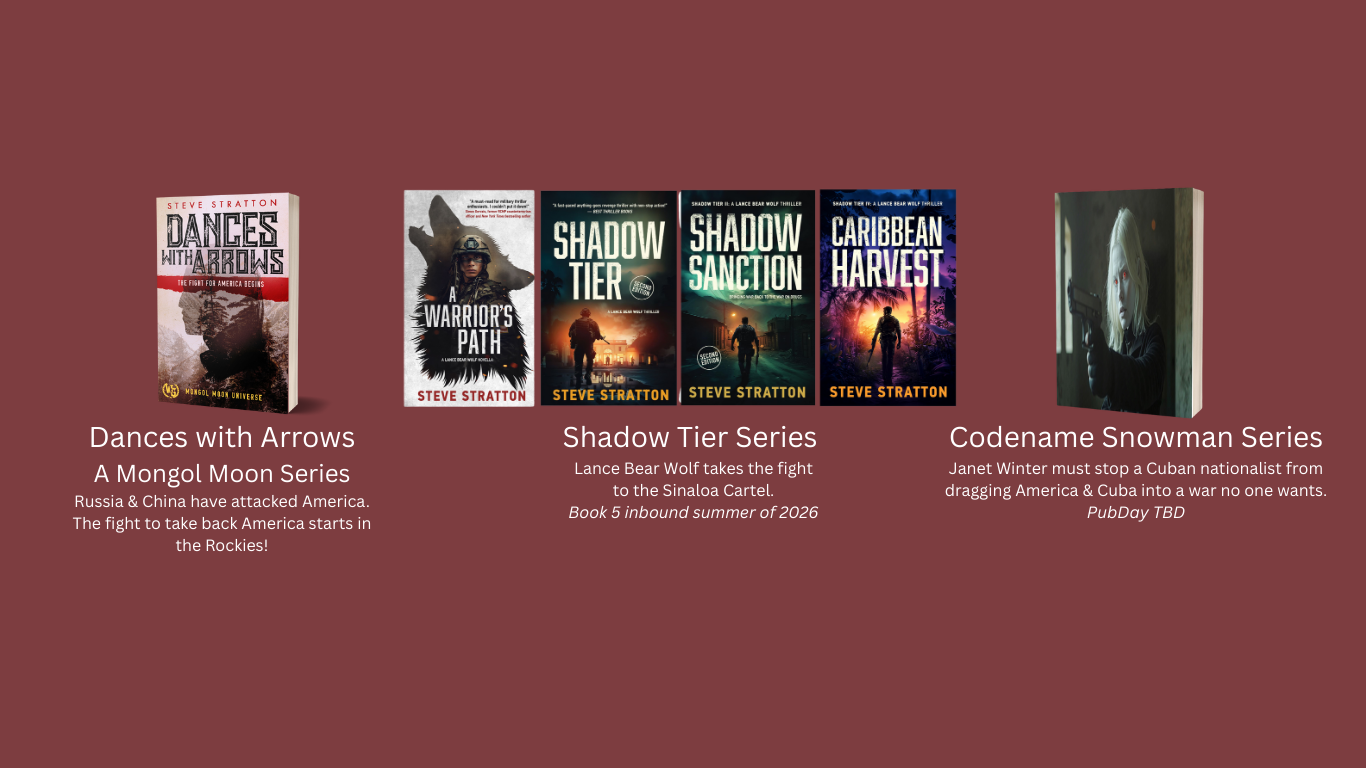Yes, “The Liars Box” is my code phrase for the dreaded Polygraph. I’ve sat for four of them. Some people say they’ve “taken a polygraph test” but I’d never put it in the same category as taking a test in high school or college.
Back in the day when I worked at the White House and Secret Service, I had a Yankee White Top-Secret clearance that was passed to the Secret Service and FBI. I had a separate clearance for NSA.
This was commonly called, having your tickets.
When I left the Secret Service and joined the National Guard, I was one of the few operators, at the time, that had a Top Secret/Sensitive Compartmented Information clearance which permitted me access to most DOD intelligence operations cells and centers. I also worked with a lot of cryptography equipment and codes as a Special Forces radio guy.
As a defense contractor I’ve had “tickets” with NSA, DIA, DHS, FBI, and DOE.
Several of these agencies and the clearance level I was working at required my sitting for a polygraph. I passed all four of them, which surprised me the first time. I believe I passed because I wasn’t afraid to be open and honest.
BTW – I found out that altering a major test at my Army electronics course, so I’d be the first in schoolhouse history to pass, wasn’t a thing. Remind me to tell you that story sometime.
I asked Jeff Circle, creator of The Dossier for some thoughts. He has experience with polygraphs and similar equipment.
Polygraph Overview and Findings
Polygraph examiners look for anomalies more than certain elements of truth or fiction, and their assessment of a subject begins the moment you meet them, well before you're connected to all those wires and tubes. If a polygrapher has gotten to the very end of an examination and they need a technical algorithm to tell them if you've been deceptive, you're honest and you've passed, you've earned an advanced life degree in lying, or they need to go back to school. The whole process is about deception detection, and that process is way more mental than technical, meaning the examiner needs to understand human psychology more than fancy equipment. An important distinction is that they're examinations ... not tests. "The box" isn't a machine. It's a device. A device used to help detect deception.
The thing about a polygraph exam is that it's all about the pre-interview. That's the one-on-one questioning between two people that occurs before "the box" even comes into play. Two of the anomalies that skilled examiners look for during these discussions are changes in how a subject answers questions throughout the interview and explanations for certain questions that don't provide a reasonable response to the average individual. If something doesn't make a lot of sense, examinations enter into a back and forth conversation until the examiner's satisfied. By the time the equipment is explained and connected, it should be smooth sailing. The subject has heard all the questions that are going to be asked and they know how to answer them with confidence. At that point, there should be no issues.
Philip Houston, famed CIA polygraph examiner, used to get the truth from people before he even hooked them up to any equipment. He was that good. It's all about knowing how to have a conversation with someone and then spot what's wrong. Some of it is observing physical queues that people under stress display when they're attempting to pull off a deception. The body betrays them, but at times, the ability to detect it can be more of an art than a science. Everybody who tells a story is different, and every body tells a different story. There's a lot of psychology involved, and some of it can be leading as a skilled examiner builds their question set. But in the end, it's all about detecting deception before you can get to the truth. That's what a skilled polygraph examiner looks for during each encounter.
Let me end with a funny story.
A friend of mine that I met on the intel side told me that after his year in Vietnam he wanted to stay in the Army but not get shot at so much, he started his career as an infantryman. So, he applied and was accepted into an Intelligence Warrant Officer position. During his training pipeline he had to sit for a polygraph. Phil showed up in civilian clothes and the specialist four female examiner asked a few simple questions then strapped him up and started the test.
About an hour in she attempted to drop a bomb, in Phil’s words. She asked if he was a member of a motorcycle gang. He answered yes. Her head snapped up and then in a shaky voice she asked if he’d killed anyone. He said yes, can’t count them all.
She jumped up and exited the room. Fifteen seconds later she returned with two armed guards and a Warrant Officer 4. The WO looked at Phil who was trying not to smile and asked, “What did you do before intel?”
“I was an 11B squad leader.”
“Vietnam?”
“Yeah, 101st.”
“Motorcycle gang or club?”
“Club, I’m the secretary.”
The WO4 shook his head. “We’ll check on the club but don’t be a jerk. She’s new and you need to pass or it’s back to being a grunt. Roger that?”
“Roger that, Chief!”
They took a break and before restarting the test the Spec 4 asked Phil for an overview of his time in the Army. He recounted his time with 101st and his combat awards for valor.
He passed the test and apologized to the spec 4, which was a good thing considering the next time he saw her she was a 2nd Lieutenant, and he was saluting her. Their story continues but that’s for another time.
Have you sat/taken a polygraph???
Best,
Steve



